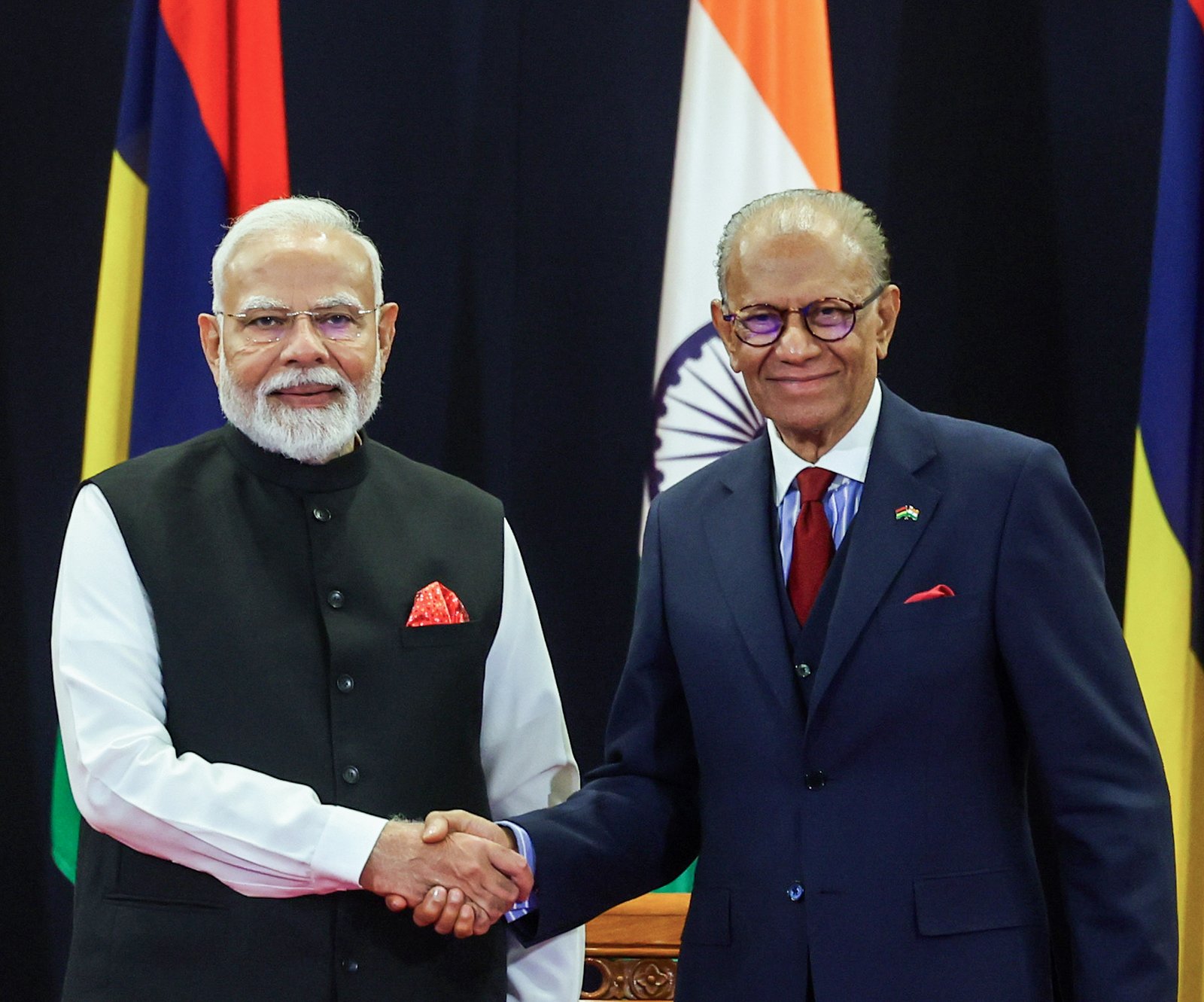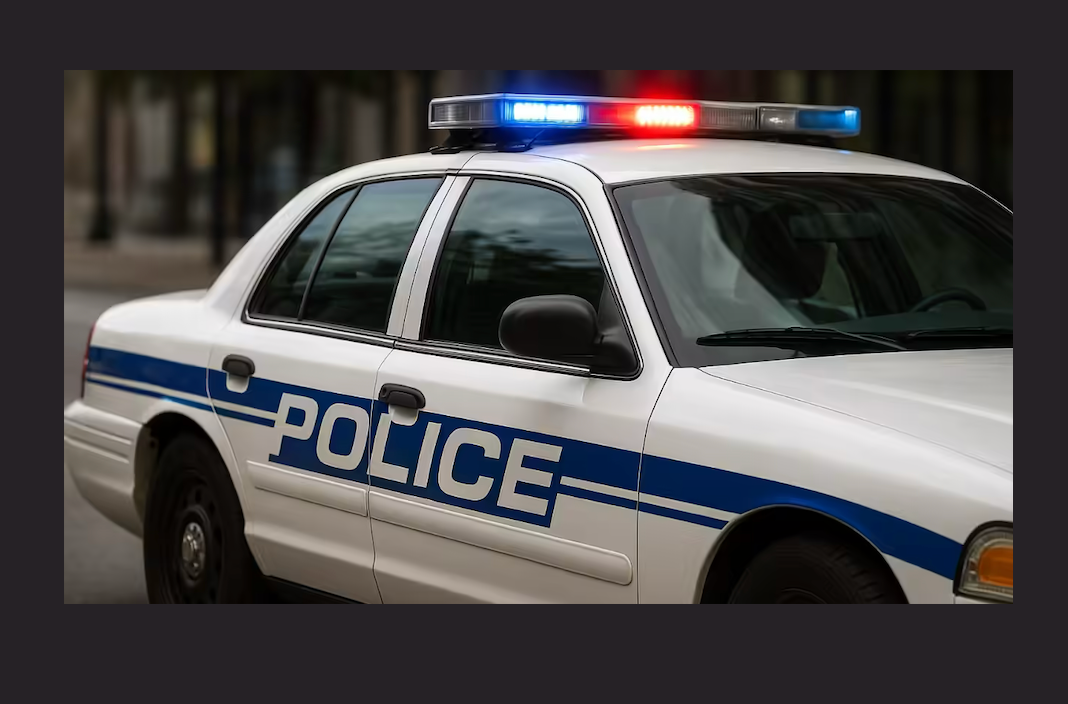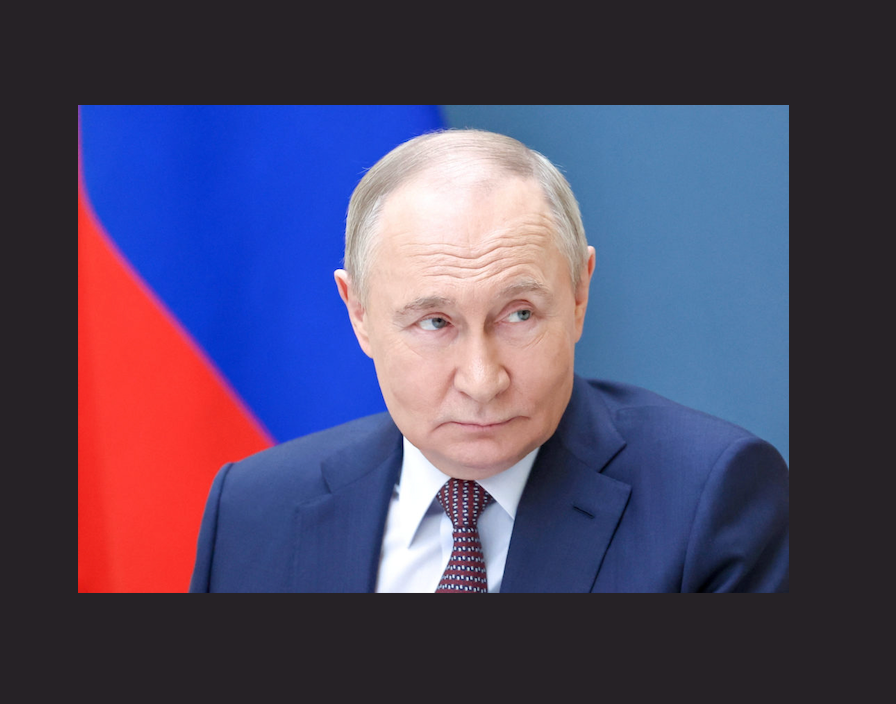The state government has however assured community leaders that they are exempt from the purview of the Foreigners Act of 1946. A government notification has been issued with immediate effect.
The residential status of as many as 22,000 members of the Gorkha community living in Assam, has not yet been validated by the state government.
Community leaders say the names of these people have not been included in the Draft National Register of Citizens published in 2019. Cases against another 2,500 Gorkhas are pending in some of the 100 Foreigners Tribunals in the state.
The National Register certifies whether those living in Assam are ‘legal residents’ with the right to stay on. If not, these ‘outsiders’ are liable to face action, including deportation to the country of their origin.
Currently, over 5 lakh Gorkhas live in Assam. They came here in British times to fight and serve in the armed forces.
However, the Assam government has given an assurance that action against the Gorkha community had been withdrawn with immediate effect.

A state government notification to the Police Department’s Border Wing directs them not to forward cases against Gorkhas to the Foreigners’ Tribunals under the Foreigners’ Tribunal Act of 1946.
This follows a cabinet decision to exempt the Gorkhas from the purview of the act.
The Border Wing’s role is to identify persons of doubtful status and report the matter to the Foreigner Tribunals for action.
A state government notification to the Police Department’s Border Wing directs them not to forward cases against Gorkhas to the Foreigners’ Tribunals. This follows a cabinet decision to exempt the Gorkhas from the purview of the act.
Regarded as the ‘bravest of the brave warriors, more than 200,000 Gorkhas served in the British Army before India’s Independence and saw action in both world wars on every battlefront around the world. Over 43,000 lost their lives in action.
For their exemplary valour, they have earned 26 Victoria Cross medals for their British regiments, shared equally among Gorkha soldier and their British comrades.
After Independence and under the terms of a tripartite treaty India, Nepal and Britain, four Gorkha battalions were transferred to India. Today there are over 100,000 Gorkhas who serve in 40 battalions of the Indian Army.
After becoming part of the Indian Army, the spelling of their name has been changed to ‘Gorkhas’ to make it sound more correct. In the British Army, these warriors with their traditional ‘khukris’ – a curve bladed dagger – continue to be called ‘Gurkhas’.










